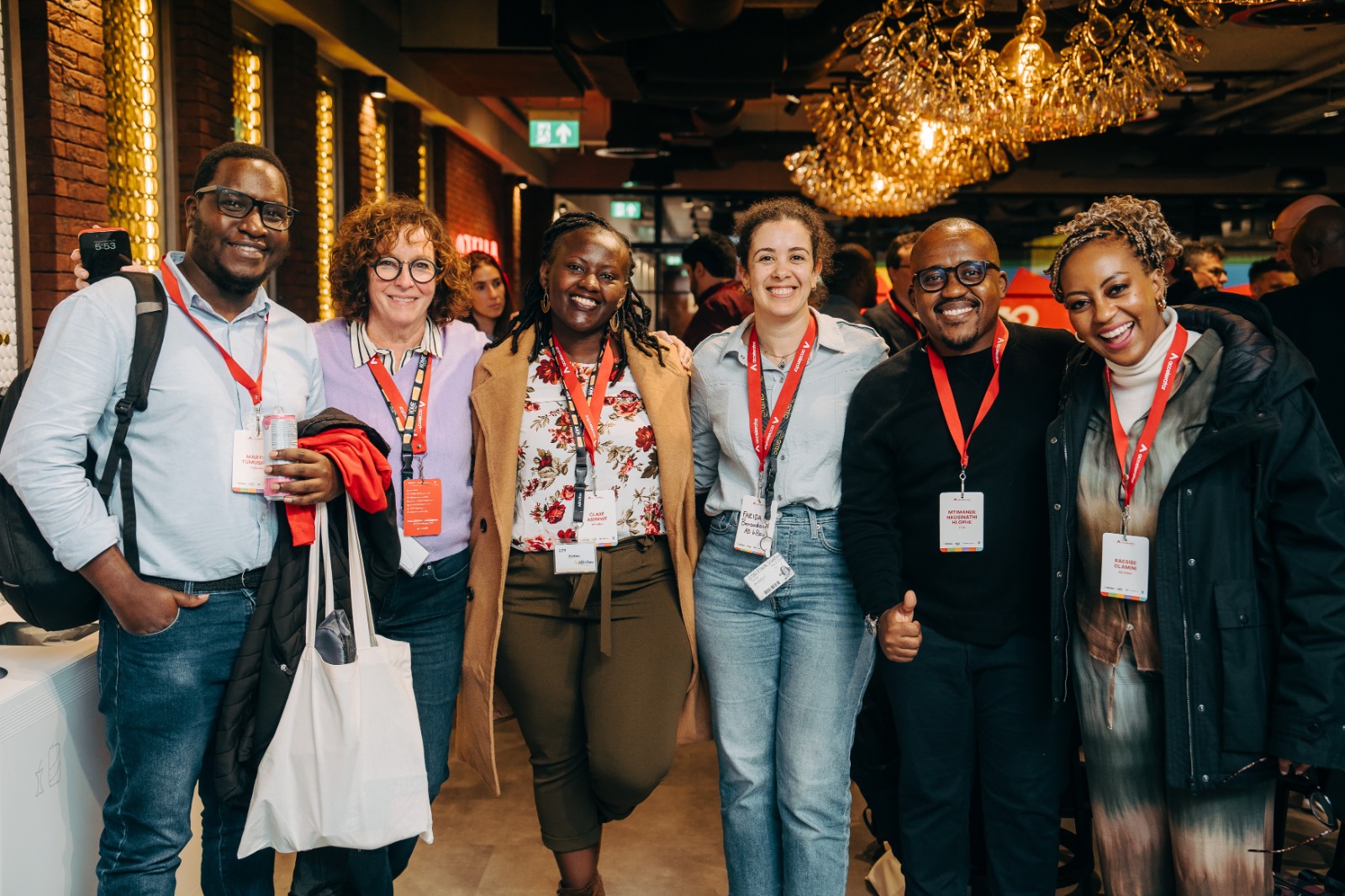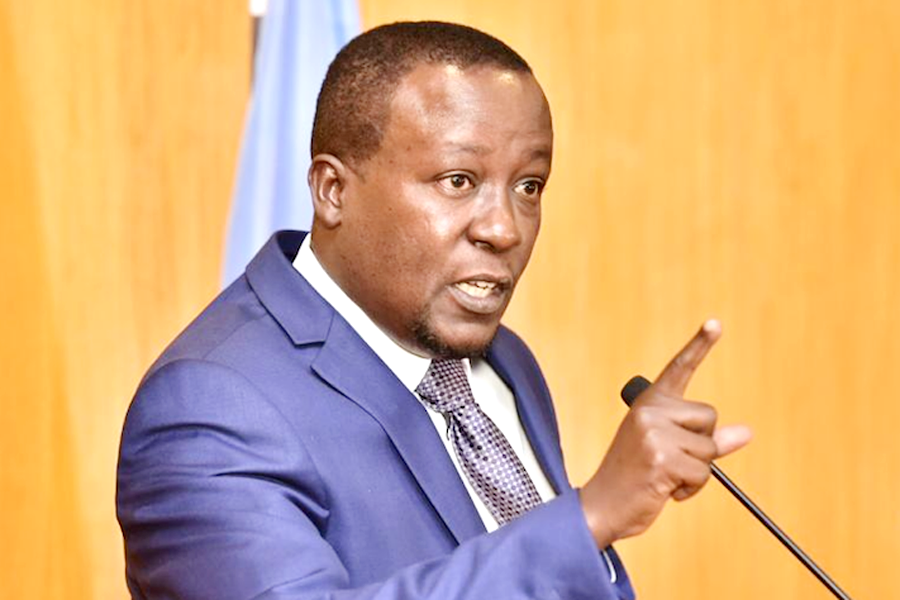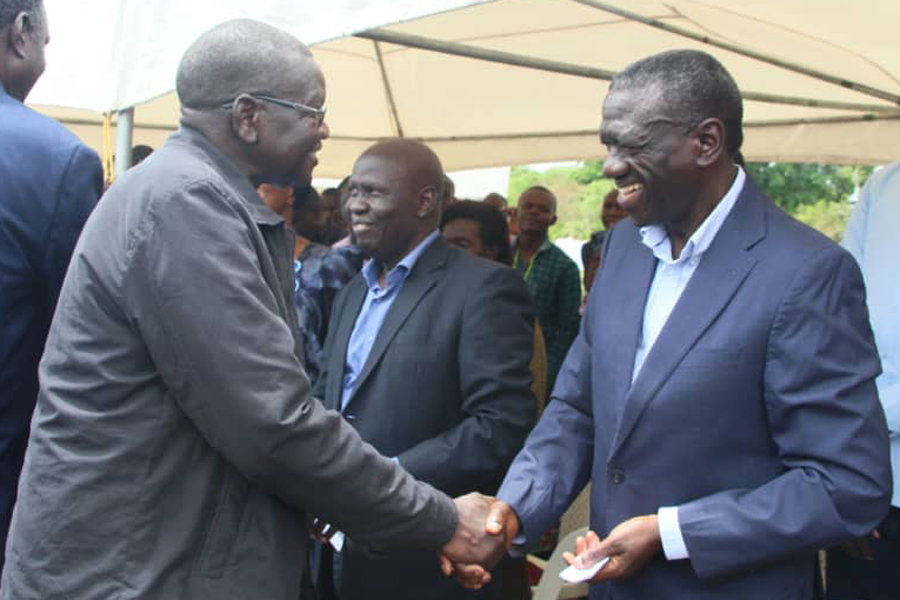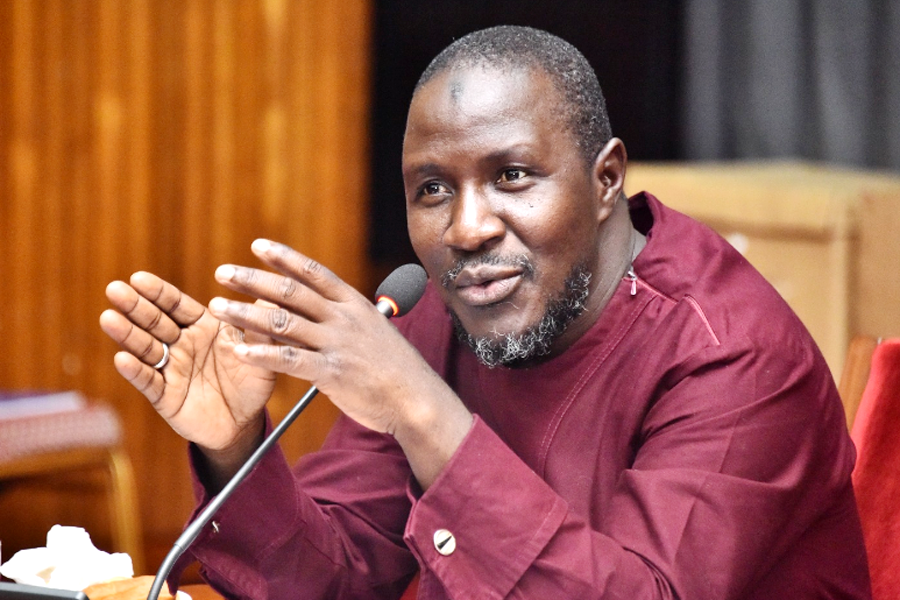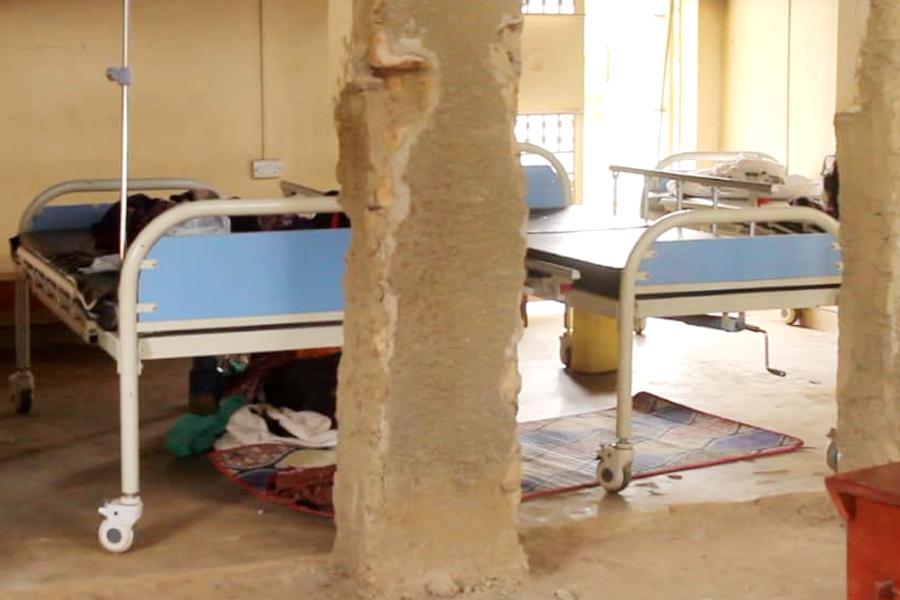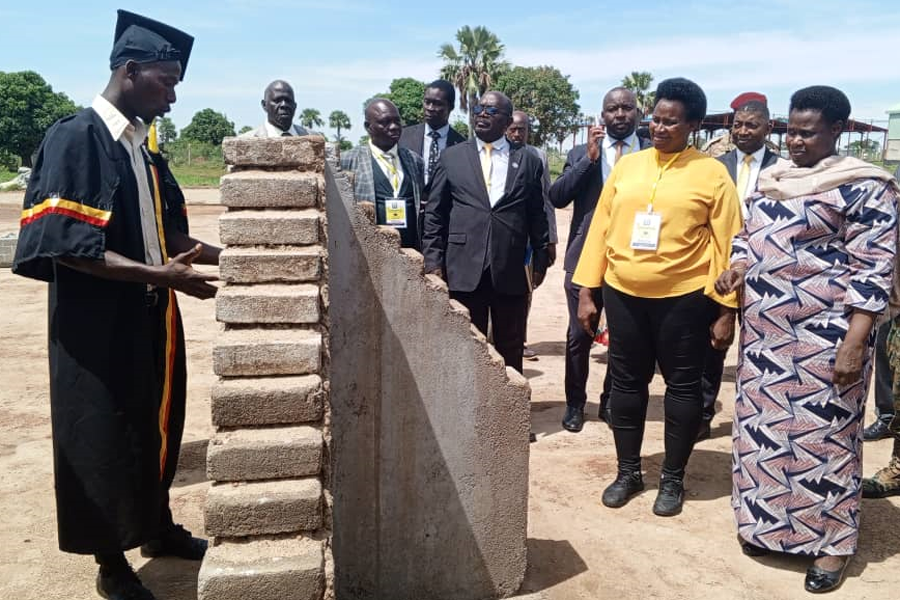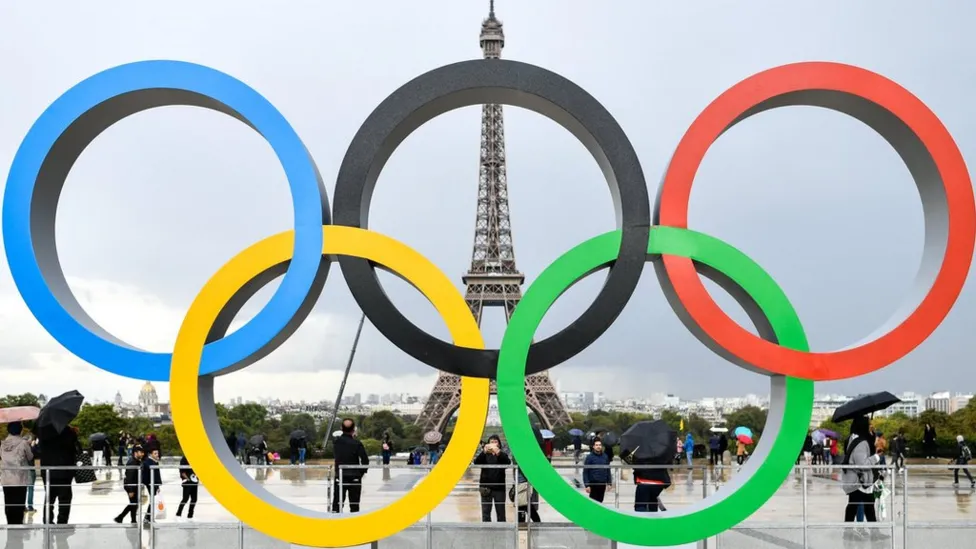Once Influential in Africa, Taiwan Loses All But One Ally
Two days after breaking ties with Taiwan, Burkina Faso re-established diplomatic relations with China on Saturday at a signing ceremony in Beijing.
Burkina Faso’s decision to sever relations with Taiwan has left the Asian island with diplomatic ties to only one African country, Swaziland.
Keep Reading
“Taiwan is losing its support in Africa,” Guive Khan-Mohammad, a senior researcher at the University of Geneva in Switzerland, told VOA by phone. “Burkina Faso was already involved in a very, very significant trading exchange with China, not really with Taiwan.”
Lu Kang, China’s Foreign Ministry spokesperson, said, “We welcome Burkina Faso’s return to the big family of China-Africa friendly cooperation on the basis of the one-China principle.”
Taiwan’s Foreign Ministry called the decision a “sad situation” reflecting China’s “desire to delete Taiwan from the global community.”
Around the world, fewer than 20 nations now recognize Taiwan’s independence. Several weeks ago, the Dominican Republic also switched allegiances to China.“So it is really a global effect, and Taiwan is losing this time,” Khan-Mohammad said.
Some say that’s jeopardizing Taiwan’s claims to statehood, a struggle that has played out most prominently in Africa, where China, once the underdog, has all but erased Taiwan.
Chinese civil war
China fought a decades-long civil war that ended, in 1949, with two governments: the People’s Republic of Chinaand the Republic of China.
The PRC won the war, and ROC leadership fled to the island of Taiwan. As the incumbent government, the ROC continued to hold its seat at the United Nations, despite now occupying an island that is less than four-tenths of 1 percent the size of the mainland country.
The PRC, meanwhile, under the leadership of Mao Zedong, would begin one of the most consequential transformations in modern history.
In the early 1960s, as African nations gained independence, representatives of both Beijing and Taipei, Taiwan’s capital, sought to establish diplomatic ties across the continent.
Taiwan focused on helping African farmers grow rice. Their agricultural aid programs incorporated knowledge and technology sharing and large-scale training programs. Taiwan funded the programs, and African partners hosted delegations.
For most of the 1960s, Taiwan easily outpaced China in its diplomatic ties to Africa. But its relationships frayed over time. Development aid didn’t translate into political support, culminating in Taiwan’s ejection from the U.N.
In 1971, the U.N. General Assembly passed a resolution denying Taiwan a role in the organization, while affirming China’s place. Twenty-seven African countries voted for the resolution, effectively denying Taiwan’s legitimacy as an independent nation. Twelve African countries joined the U.S. in voting against the resolution.
“Because of the U.N. and the capacity to have a voice in the U.N., now it will be more and more difficult for Taiwan,” Khan-Mohammad said.
Checkbook diplomacy
By the 1990s, Taiwan had become more overt in its desire for international recognition. In Africa, that meant investments in return for diplomatic ties. In 1992, a $50 million loan to Niger resulted in recognition of its statehood. Three years later, Taiwan lent $35 million to Gambia to achieve similar aims.
The investments were substantial, but they didn’t ensure loyalty. Taiwan often partnered with autocratic leaders. Countries switched between recognizing Taipei and Beijing, sometimes multiple times.
Taiwan, a democracy, has followed a Western-style approach in Africa, Khan-Mohammad said, emphasizing cooperative projects in health and agriculture. China, the world’s most populous communist state, has focused on massive infrastructure investments based on billion-dollar loans and an increasing military presence.
Taiwan’s current foreign relations bind stems from a deal brokered in 2008. This “diplomatic truce” guarantees that neither China nor Taiwan will pursue formal diplomatic relations with a country that has already recognized one or the other. Beijing calls it the one-China policy,and it forces nations to choose between it and Taipei, with Beijing increasingly coming out the more appealing choice.
In recent years, as China’s presence in Africa has grown, nations have, one by one, turned their backs on Taiwan. Gambia did so in March2016. São Tomé and Príncipe followed suit later that year. And Burkina Faso’s switch to Beijing this month leaves Swaziland, a tiny landlocked country that has been led by monarch Mswati III since 1986, as Taiwan’s sole formal ally.
Burkina Faso had maintained ties with Taiwan for 24 years. In a written statement Thursday, Burkina Faso’s foreign minister, Alpha Barry, said the decision to end that relationship was “guided by a firm wish of the government to defend the interests of Burkina Faso and its people.”
But Khan-Mohammad said Burkina Faso had good reasons to opt for ties with Taiwan instead of China for as long as it did, given its size.
“The people in Burkina Faso … told me that it was better to be the head of a mouse than a tail of a lion.That means that it was more efficient for Burkina Faso because it is really a small country in comparison to the other countries, especially Angola and a lot of African countries, in relation to the Sino-African cooperation. So it was better for Burkina Faso to be a big country with Taiwan than a small country with China.”
Quest for recognition
Beijing regards Taiwan unequivocally as a province within the republic. But Taiwanese hold a strong sense of national identity. More than 70 percent of Taiwan’s 23.5 million inhabitants see the island as an independent country, based on data from the Taiwan National Security Survey. That figure has held steady for at least a decade.
Even as Taiwan’s diplomatic sway fades, both in Africa and around the world, it remains an economic powerhouse. it has the world’s 22nd-largest economy, based on data from the International Monetary Fund.
Informally, Taiwan maintains some clout with two of Africa’s biggest economies, Nigeria and South Africa. Long-standing unofficial missions in both countries promote not only trade but also cultural exchange.
In South Africa, Taiwan has provided significant economic support to the African National Congress, including in the apartheid era. It’s the only African country that hosts a Taipei Economic and Cultural Representative Office, where Taiwan can issue visas and serve expatriates in the country.
In Nigeria, Taiwan operates a 27-year-old trade mission. But in early 2017, Nigerian officials told Taiwan to move the facility from Abuja to Lagos, a move perceived by some to diminish its visibility.
It’s not clear how much pressure Burkina Faso faced from Beijing to change sides. But Khan-Mohammad said African countries are making choices that they can benefit from.
“African countries, and especially Burkina Faso, make their own choice, and they did it because they see a real advantage to go with China,”Khan-Mohammad said.





